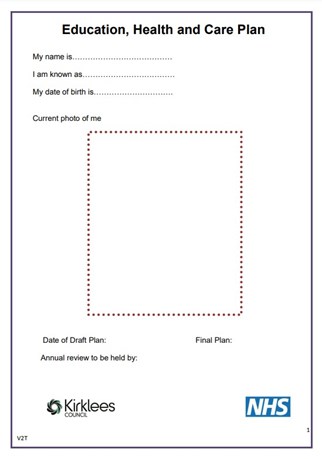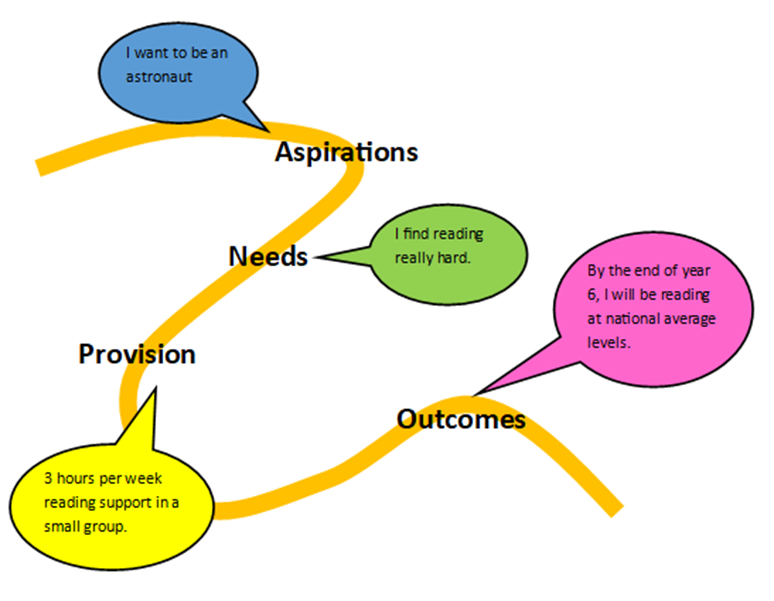The council work hard to include young people's & parents/carers ideas and views in a plan and give opportunities for changes to be made. When a new or Amended EHCP is produced, an opportunity is always provided to consider changes. The LA will send out a Draft EHCP (for new assessments) or a Proposed Amended (for existing EHCP's). This is your opportunity to comment on what is in the plan and suggest changes.
If once an EHCP is written (or finalised) and you or the young people when over 16 if they want to make that decision alone, don't agree, you can appeal about what it says in an EHCP.
The initial step that parents/cares or young people can go through is a process called mediation. This is a carefully managed conversation with parents/carers, the council and other professionals to discuss the disagreement and try to resolve it. This is run by another professional called a mediator who helps to keep the conversation on track.
If you are still not happy with the decision made at mediation, then an appeal can be made to the tribunal. This is more formal process where the disagreement is presented to a tribunal judge to make a decision, however the council will work hard to reach an agreement before it gets to the point of needing the judge to make a decision.
Details of how to raise an appeal will be contained in the letter that the LA sends out with the Final EHCP.
You can find out more about disagreements, tribunals and appeals on this Local Offer Page(opens link in new window)
More information about appeals and tribunals can be found in the SEND Tribunal Single Route of Redress National Trial document (opens link in new window)
For places that can offer support and advice, please go to “Independent Support and Advice" (opens link in new window)


